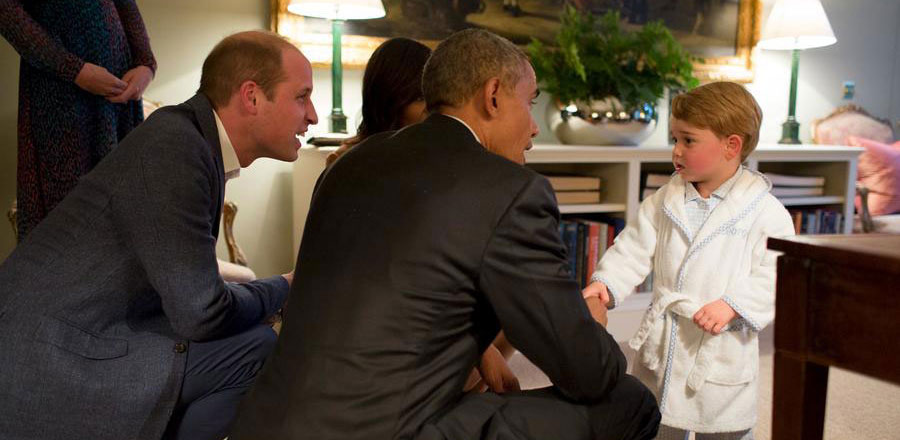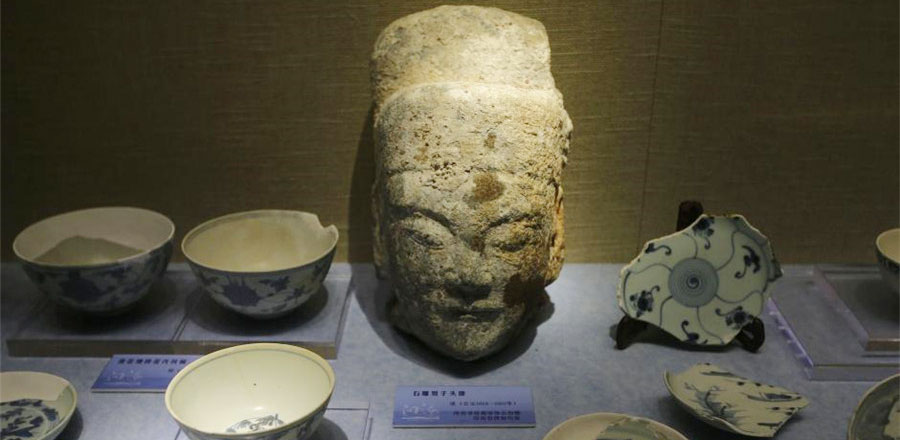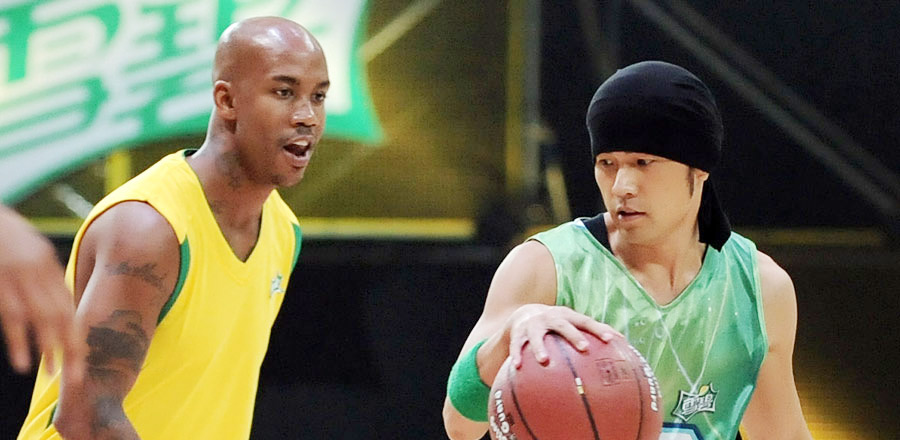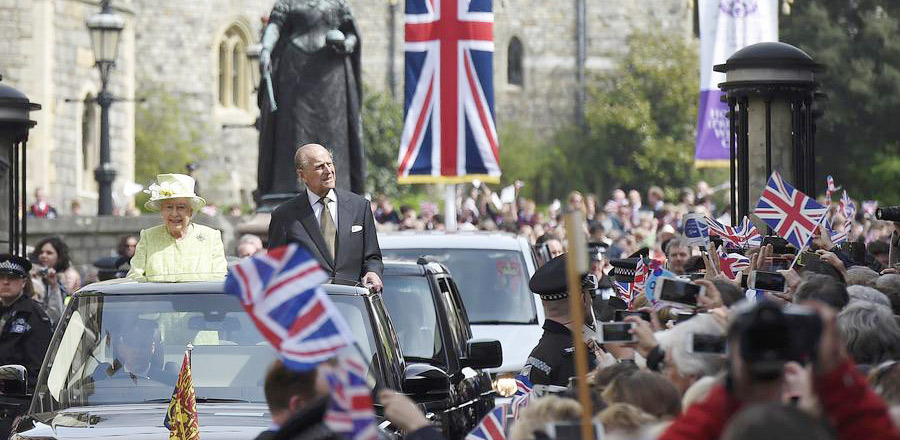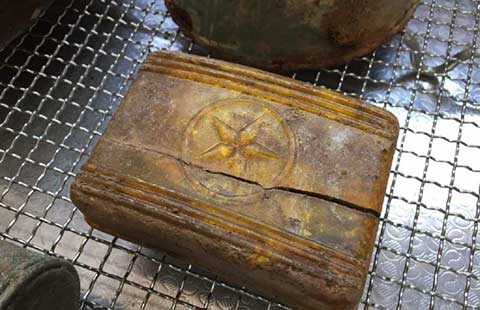
SEOUL - South Korea on Sunday denounced the Democratic People's Republic of Korea's (DPRK) test of a submarine-launched ballistic missile (SLBM), while defending the ongoing annual military drills with the United States.
DPRK diplomats have demanded suspension of the joint war games as a prerequisite for Pyongyang's halt of nuclear test.
Seoul's foreign ministry said in a statement that the government strongly condemned the DPRK's test-firing of a ballistic missile from a submarine Saturday in eastern waters off the DPRK's coastal town of Sinpo.
Regardless of whether it had succeeded or not, the launch was a clear violation of UN Security Council resolutions, and the test-firing came in less than 10 days after the United Nations urged Pyongyang to exercise restraint following the country's launch on April 15 of a Musudan ballistic missile, the ministry said.
Calling the SLBM launch as blatant provocations and threats to peace and security in the Korean Peninsula, Northeast Asia and the world, the statement said Seoul will take necessary actions at the UN Security Council in cooperation with major countries.
As South Korea has repeatedly warned of stronger and sterner response to the DPRK's further provocations, the statement said, Seoul will step up efforts to encourage the international community to put more pressure and sanctions on the DPRK while faithfully implementing the existing UN Security Council resolutions.
The statement came hours after the DPRK's official KCNA news agency reported on the country's successful test of an SLBM that was guided by top DPRK leader Kim Jong Un.
The KCNA said that the DRPK-style SLBM met all technical thresholds to carry out an underwater attack operation that targets South Korea and the United States. It marked the second time since May 9, 2015 that the DPRK announced its successful test of a ballistic missile from a submarine.
South Korea's Joint Chiefs of Staff said Saturday that the missile, fired from a 2,000-ton DPRK submarine, was ejected from underwater and flew some 30 km for several minutes. But, it said it was short of the flight of at least 300 km required to be seen as a success.
Seoul's defense ministry spokesman Moon Sang-Kyun said Sunday that the DPRK's SLBM technology is partially advanced in underwater ejection capabilities, saying Pyongyang was hastening the SLBM development.
Moon said the military expected the DPRK to deploy submarine-launched missiles within the next three to four years, but he noted that the deployment date could be brought forward if Pyongyang spends all of its capabilities on the development.
Meanwhile, Seoul's foreign ministry dismissed Pyongyang's demand to halt annual military exercises between South Korea and the United States, which the DPRK said will be rewarded with the suspension of its nuclear test.
DPRK Foreign Minister Ri Su Yong said in a rare interview with The Associated Press at the UN headquarters in New York on Saturday that it is the United States that drove his country to develop nuclear weapons for self-defense.
Ri urged the United States to stop military exercises on the Korean Peninsula. In return, the DPRK would cease its nuclear detonation, he said.
The South Korean foreign ministry said in a statement that the DPRK must stop linking the annual US-South Korea war games of defensive nature to its nuclear test that is banned under UN Security Council resolutions, calling on Pyongyang to refrain from any further provocative acts.
South Korea and the United States kicked off their war games, code-named Key Resolve and Foal Eagle, in early March. This year's joint military exercises, which are set to last by the end of this month, are being conducted in a largest-ever scale, involving some 300,000 troops.
Pyongyang responded with a barrage of missiles and artillery shells fired into the sea since early March, following its fourth nuclear test on Jan. 6 and the launch of a long-range rocket, which was condemned as a disguised test of ballistic missile technology, on Feb 7. The DPRK has called the war games as a rehearsal for northward invasion.
Multiple South Korean government and military sources were quoted by local media as saying that the DPRK had already completed preparations for its fifth nuclear test, forecasting Pyongyang would press ahead with another nuclear detonation before the ruling Workers' Party of Korea (WPK) congress in early May, the first since 1980.
Seoul's foreign ministry said the DPRK has already promised to stop nuclear tests under the Sept 19 joint declaration issued in 2005.

